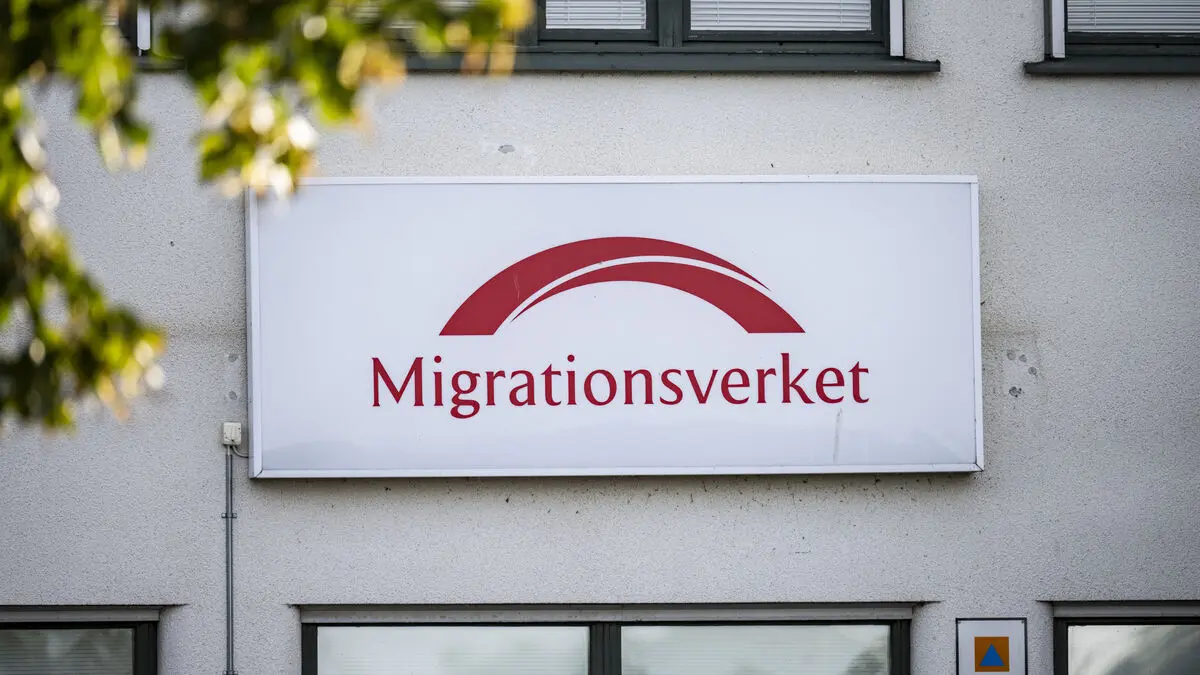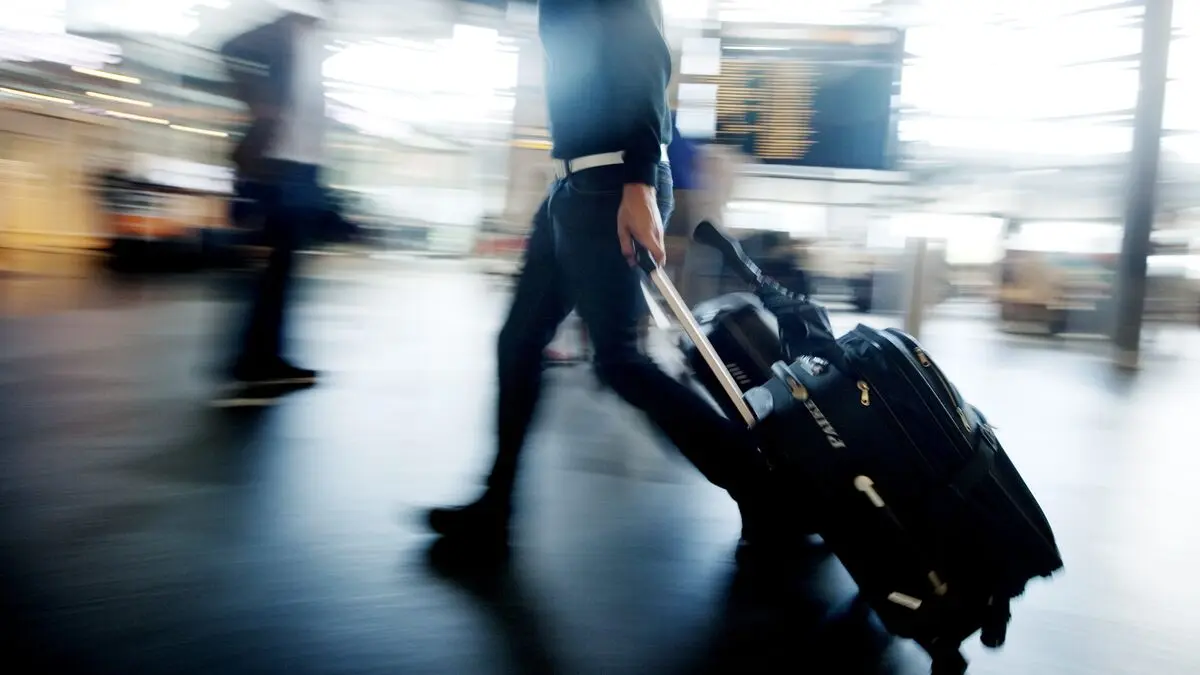The Government is now taking steps towards a new so-called intermediate coercion law. It will give social services the opportunity to use certain coercion when parents do not consent to measures that are currently entirely voluntary. A possible measure in the new law will be to issue a fine for parents who, for example, refuse to attend a parent meeting, say no to individual conversations for children, or refuse to have children undergo drug tests.
A fine is an amount of money that someone can be required to pay if a decision by an authority is not followed.
Almost half of all those who are currently offered measures decline. In disadvantaged areas, it can be up to 70 percent, says Waltersson Grönvall.
Electronic ankle cuff for children?
The Government and The Moderate Party presented budget initiatives for 2026 on Thursday, totaling 972 million kronor, which mainly concern preventing young people from being drawn into crime.
A small part, eight million kronor, will go to the National Board of Health and Welfare to prepare for the new so-called intermediate coercion law. But for 2027, when the law is expected to come into force, over 500 million kronor will be allocated, which can be used to finance a system with electronic surveillance of young people.
However, the Minister for Social Services does not want to give a clear answer about whether an electronic ankle cuff will be one of the tools in the intermediate coercion law. The Government's proposal is not yet complete.
Have warned
Save the Children has warned that fines and electronic ankle cuffs increase the risk that even more parents will be reluctant to seek help from social services.
Does The Liberals think it is a good idea to introduce the possibility of fines and use electronic ankle cuffs on children?
Yes, it is important that we catch these children. For far too long, society has looked the other way when parents have been allowed to dictate the future for their children, says L leader Simona Mohamsson.
Of the 972 million kronor being invested in preventive measures in the 2026 budget, 624 million kronor will go to the National Board of Institutions (SiS).
SiS runs homes where young people receive closed care for, among other things, abuse or crime. The money will be used to create more places by establishing new special youth homes, to improve care quality and staffing, and to increase security and safety.
Peter Wallberg/TT
Sophie Gräsberg/TT
Fact: Initiatives for preventive measures 2026
TT
SiS, including new youth homes: 624 million kronor
Skolsociala teams: 100 million kronor
Support for dropouts without threat: 100 million kronor
Support for placement of young people in youth care: 100 million kronor
Family centers in disadvantaged areas: 20 million kronor
Other: 28 million kronor
Total: 972 million kronor
Source: Budget proposal 2026






